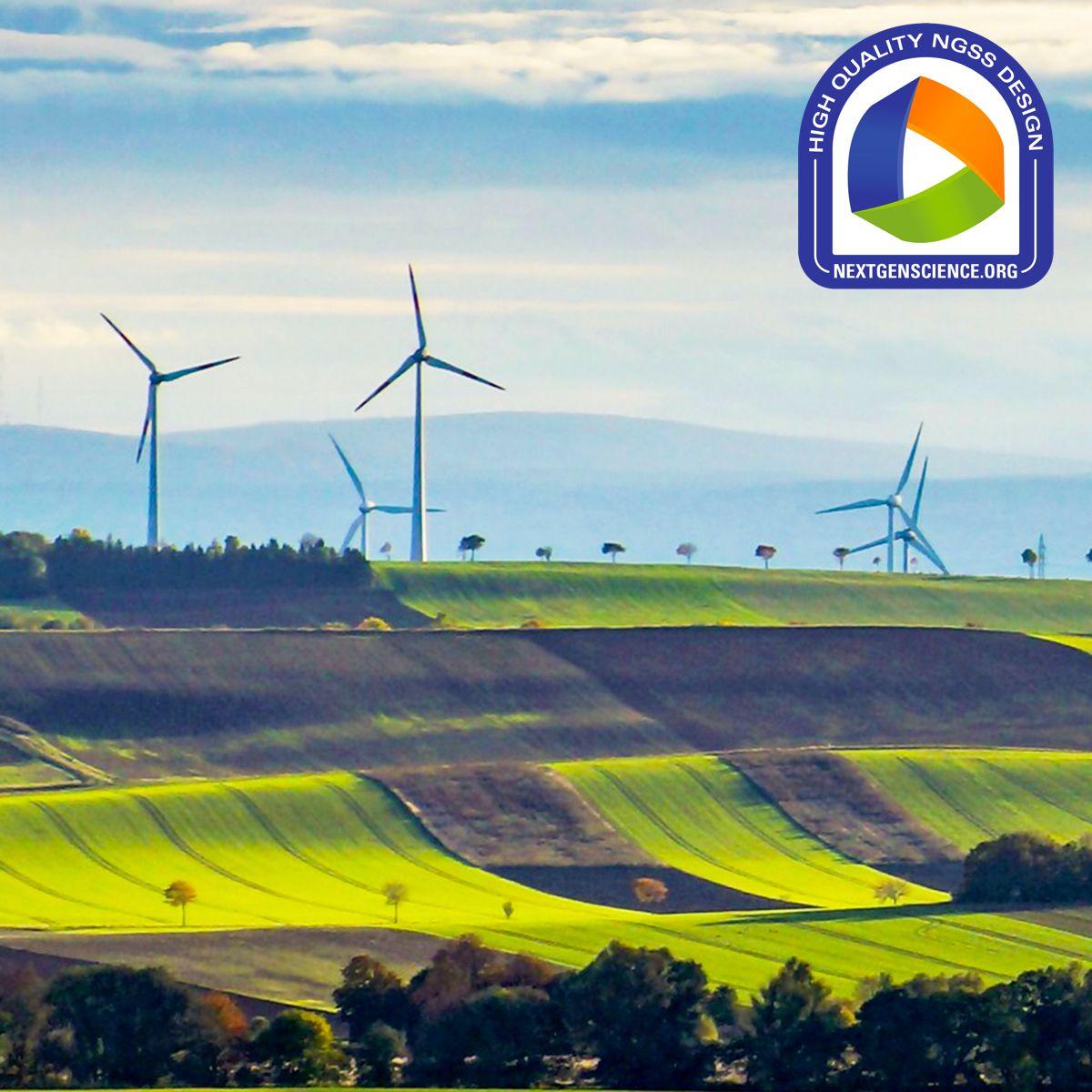6 things to know in May 2023
1 New Grade 5 High-Quality Science Unit Posted

This mySci 5th grade unit supports students to investigate an anchoring problem: we need farms to grow food, but the process of producing food for all of us can harm Earth’s systems. Throughout the learning sequence, students investigate and design solutions related to the natural resources used on farms and the impact on Earth's systems. The unit was awarded the NGSS Design Badge by the NextGenScience cadre of expert reviewers.
See the unit and the corresponding EQuIP Rubric for Science evaluation report here.

2 Two Data Science Resources
Blog: Boosting Data Science Teaching
and Learning in STEM
In today’s technologically complex and connected world, students’ needs to develop competencies and confidence with data have never been greater. A new On the Same Wavelength blog post shares work from a National Science Foundation project, Boosting Data Science Teaching and Learning in STEM The authors describe effective practices for engaging all students with data in the classroom.

Foundations of Data Science for Students in Grades K–12 Science

ThisnewresourcefromtheNational AcademiesofScienceEngineeringand Medicine(NASEM)shareskeytakeaways fromthe2022 Foundations of Data Science for Students in Grades K–12 workshopinwhichspeakersand participantsdiscussedthecurrent landscapeofK–12datascience educationaswellaswhatresourcesand teacherguidanceareneededtosupport studentlearning.Theresourceexplores whydatascienceisimportantinK–12 scienceeducationandwhatitcanlook likeinpractice.
SeetheNASEMresourcehere.
3 How a District Found Success with Implementing a New High-quality Curriculum
“Implementing a new curriculum is never smooth, it never fits just right at first, and it never magically solves all of our problems. We knew the instructional shifts and changes required to implement OpenSciEd were going to challenge teachers. We wanted to provide teachers the space to try out the pedagogy, to take risks in their classrooms and to be vulnerable as they learned new ways of learning, without high stakes accountability. So we implemented it slowly."
See the 74 article here




